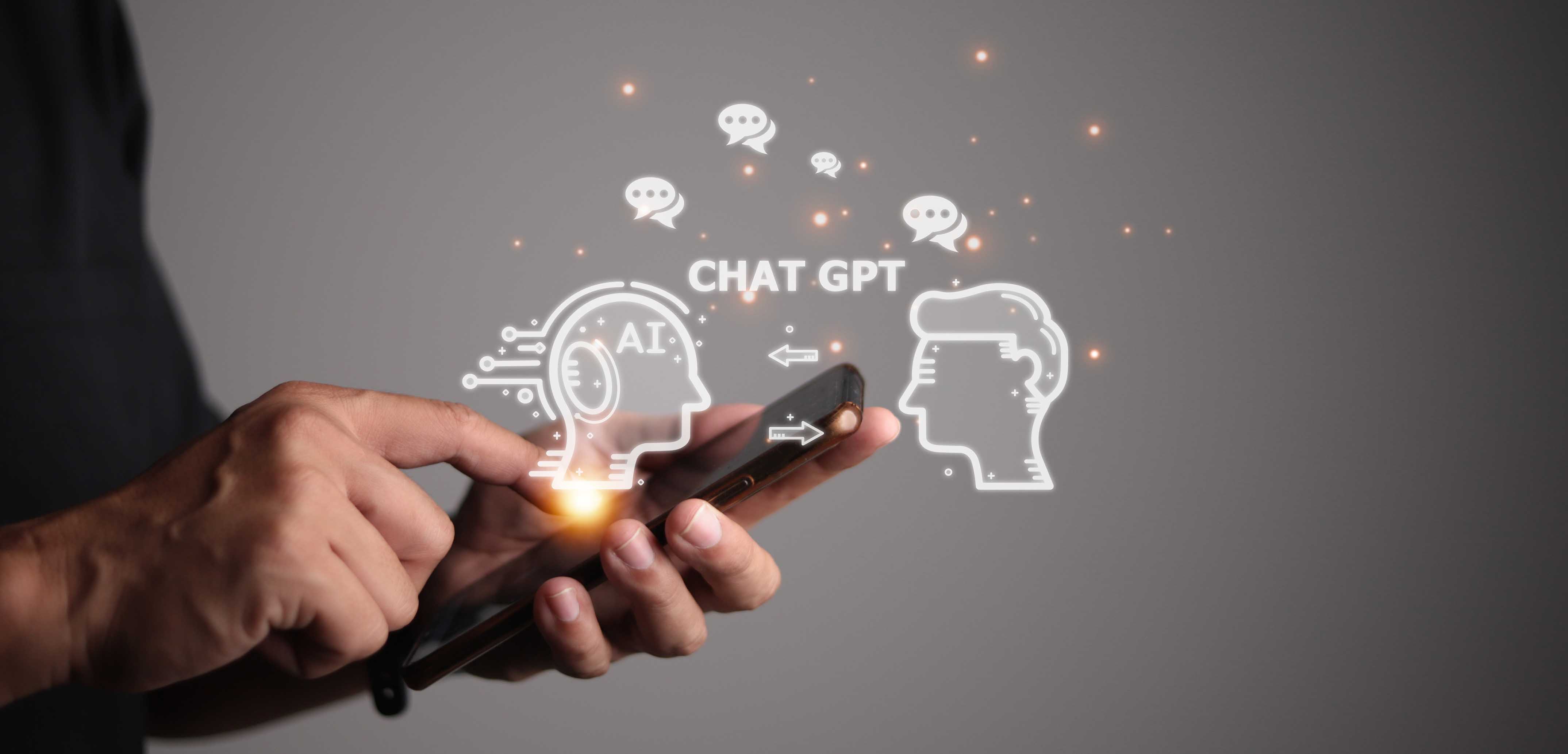The logistics industry comprises numerous intricate processes, including transportation, storage, delivery, and distribution. Incorporating ChatGPT technology can significantly simplify these processes, leading to enhanced efficiency. It can aid in optimising the process of booking and scheduling deliveries, mitigating the likelihood of delays and errors. The technology can also be employed for predictive analysis to anticipate and address potential issues before they arise. By automating customer service, ChatGPT can offer quick access to relevant information, resulting in reduced wait times and improved customer satisfaction. GPT's integration into the logistics industry has the potential to significantly improve the speed, accuracy, and efficiency of operations, resulting in increased productivity and profitability for businesses.
Potential Advantages
GPT is a highly valuable tool for the ecosystem to leverage. GPT-3 and other AI tools will revolutionise the pace of product experimentation, enabling developers to perform at a much faster rate. This translates to the ability to test features and products in a matter of days rather than weeks, leading to better experiments with a greater return on investment. Recently, a programmer taught ChatGPT some relevant government policies and rules and created a demo that allows rural farmers, without any knowledge of technology, to interact with ChatGPT verbally. The bot directs them to the right portal and ensures that they receive the requested service. It translates local languages into English or Hindi, providing citizens with accurate information.
The ongoing development of Large Language Models (LLMs) promises to revolutionise customer interaction with tools, enabling users to obtain specific responses in natural language. When these models are optimised for regional languages, it could significantly reduce language barriers and enhance access to public digital goods. This advancement underscores the possibility of computers being able to understand human speech naturally, without requiring complex instructions. If AI can respond in the same natural language as humans, it will bridge the gap between want and delivery effortlessly.
The use of ChatGPT has also demonstrated cost-saving potential. Joshua Browder, CEO of DoNotPay, used GPT-4 to request assistance in "finding him money". As a result, the bot identified $80.86 in unnecessary subscriptions and offered to cancel them, resulting in a refund of $217.85 (₹18,000) to Browder. Additionally, GPT-4 helped Browder obtain a $36.99 refund from United Airlines for issues experienced with in-flight WiFi and a $100 discount on his Comcast bill. GPT’s ability to provide real-time assistance, and optimise supply chain management has the potential to save huge amounts of costs.
What do we Think?
The logistics industry is highly fragmented, with supply and demand data scattered and unavailable online, creating significant entry barriers for newcomers. The industry is constantly evolving and subject to various changes and challenges, such as changes in regulations, economic conditions, and consumer behaviour. Hence, it is crucial for businesses to stay updated with the latest developments and trends to remain competitive in the market. While ChatGPT can be a valuable tool in assisting with certain aspects of logistics, it should not be solely relied upon as it is still not capable of replicating the complexity of human decision-making and problem-solving. Therefore, it is important for businesses to use AI technology as a supplement to human expertise and judgement, rather than a replacement. By utilising both AI and human input, logistics companies can optimise their operations and better meet the needs of their customers.
The latest version of the large language model, GPT-4, has advanced capabilities beyond its predecessor GPT-3.5. Unlike GPT-3.5, GPT-4 can also take images as input, recognize objects within them, and analyse them. Moreover, it has an impressive ability to generate responses of more than 25,000 words, compared to the 3,000-word response limit of GPT-3.5. These advanced features can make ChatGPT even more useful, especially as more people utilise it for a variety of applications. However, it remains to be seen how widely it will be adopted and utilised in the future.
Final Thoughts
The benefits of ChatGPT extend beyond the logistics industry. For instance, automating routine customer service interactions, companies can reduce the workload of their customer service representatives, allowing them to focus on more complex issues that require human expertise. The logistics industry is complex with a multitude of stakeholders involved in the supply chain. By analysing real-time data, ChatGPT can provide recommendations on inventory management, delivery routes, and other logistics-related decisions, leading to improved efficiency and reduced costs.
